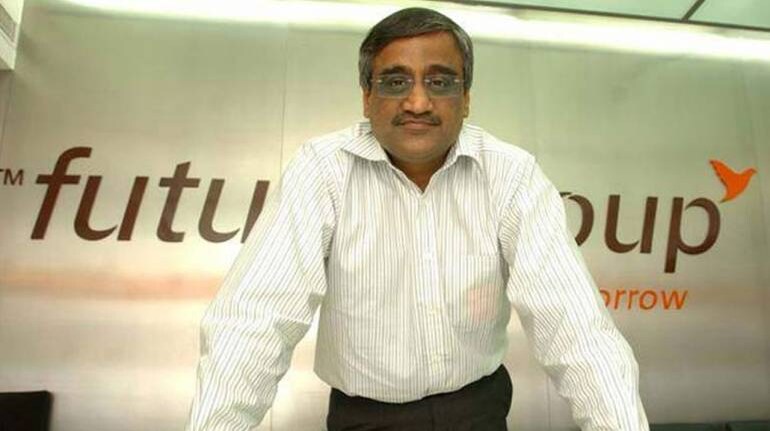



Krishna Karwa
Moneycontrol Research
Highlights:
- The deal involves retailing of consumables by Future Retail
- Future Retail’s sales from convenience stores will increase
- 7-Eleven benefits by way of Future Retail’s wide network
- High marketing spends and competition may dent margins
--------------------------------------------------
Kishore Biyani-led Future Retail, one of India’s largest retailers, entered into a master-franchise agreement with 7-Eleven, a US-headquartered convenience store major that sells food products. 7-Eleven operates nearly 67,000 points of sale (a combination of company-owned, franchise-owned and licensed stores) in 19 countries. 7-Select, Slurpee, Big Bite and Big Gulp are its biggest brands.
With e-commerce guidelines tilting in favour of smaller retailers, foreign retailers may consider leveraging the expertise of a local retail major to capture a bigger pie of the market.
Deal contours
- SHME Food Brands, a subsidiary of Future Retail, will operate 7-Eleven stores in India
- Products to be sold at 7-Eleven outlets would cover categories such as fresh food, snacks, beverages, confectionery and cigarettes
- The first 7-Eleven store will be opened in Mumbai in 2019
- Some existing convenience stores of Future Retail may be rebranded as 7-Eleven
How does Future Retail benefit?
- The deal would strengthen Future Retail’s convenience store chain. As on December 31, 2018, the company operates 1,050 small-format stores in 312 Indian cities, spanning 2.3 million square feet
- 7-Eleven stores are likely to be well-integrated with Future Retail’s ‘Easyday’ outlets since both pertain to the same format. This may facilitate economies of scale
- Most of the products sold in 7-Eleven outlets globally are private labels, which fetch good margins
- Cross-selling opportunities at existing ‘Big Bazaar’ and ‘Easyday’ outlets increase significantly. Consumers may have access to 7-Eleven ‘shop-in-shops’ within these stores
- Future Retail would be able to increase revenues from small-format stores
- Logistical capabilities of Future Supply Chain Solutions can be utilised to keep distribution costs low
How does 7-Eleven benefit?
- Foray into a fast-growing economy like India, which, with its large population base, offers adequate revenue visibility
- Builds the brand name of the store as well as the products offered therein
- Future Retail has a better understanding of the Indian retail scenario in terms of behavioural patterns of buyers, markets and emerging trends, among others. These insights would help 7-Eleven in planning its Indian operations better
The probable challenges
- High marketing costs and store capex could make it difficult to achieve break-even levels in the first few years
- ‘Easyday’ convenience stores of Future Retail, despite their large scale, have not been profitable yet
- Gaining market share could be a challenge since 7-Eleven will compete with well-established local stores
- Future Consumer, a retail arm for branded FMCG products of the Future Group, could also lose out on sales since 7-Eleven's product portfolio is similar
Landscape changing- For consumers, availability of more buying options is a big positive
- Future Retail has been one of the top retailers in the country in terms of engagement with foreign brands. More international names will keep an eye out on the Indian markets in due course
- The stock trades at a reasonable 22.7 times its FY20 projected earnings. While the deal with 7-Eleven is a shot in the arm for Future Retail, the impact of FDI rules on its tie-up with Amazon is yet to be known
For more research articles, visit our Moneycontrol Research page
Disclaimer: Moneycontrol Research analysts do not hold positions in the companies discussed here
Discover the latest Business News, Sensex, and Nifty updates. Obtain Personal Finance insights, tax queries, and expert opinions on Moneycontrol or download the Moneycontrol App to stay updated!
Find the best of Al News in one place, specially curated for you every weekend.
Stay on top of the latest tech trends and biggest startup news.